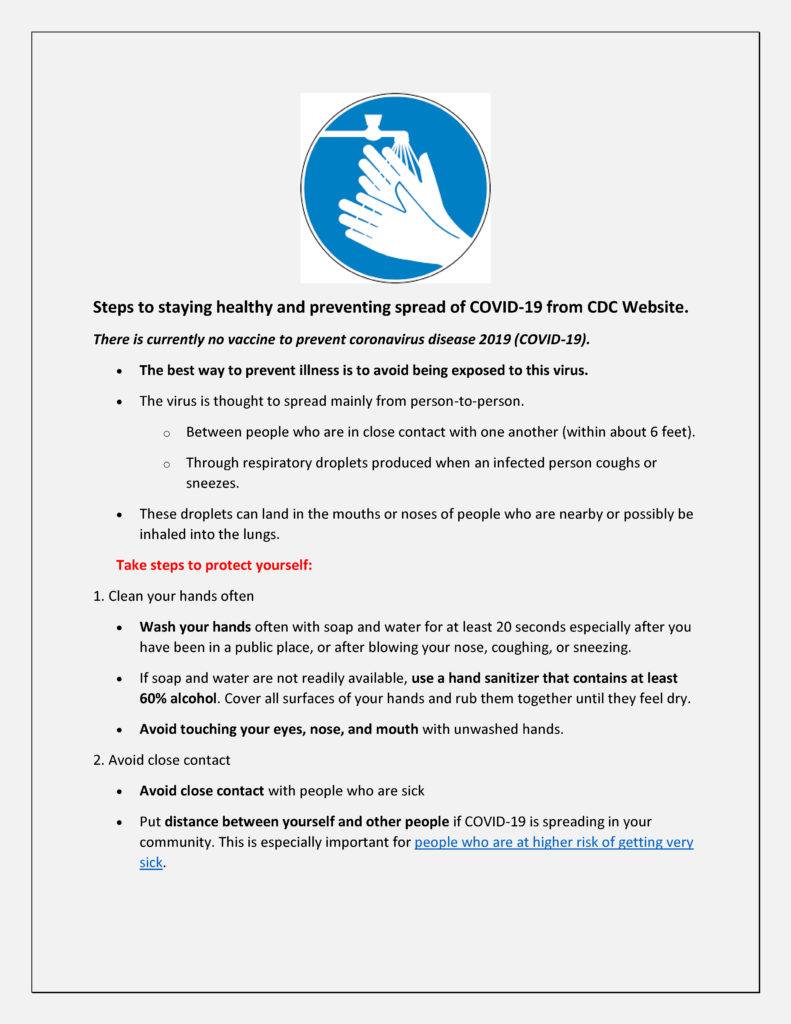 © Liesbeth Powers / The Dallas Morning News / TNS flu vaccine preparation kits are available at the E. Carlyle Smith Jr. Clinic. Drive-Thru. Medical Center in Grand Prairie on Friday, October 14, 2022.
© Liesbeth Powers / The Dallas Morning News / TNS flu vaccine preparation kits are available at the E. Carlyle Smith Jr. Clinic. Drive-Thru. Medical Center in Grand Prairie on Friday, October 14, 2022.The holidays are returning to their pre-pandemic glory, and the airline industry is already anticipating record travel days. But your loved ones aren't the only ones coming to town this season—the crew with the highly contagious respiratory virus may be visiting, and they may not be planning to leave anytime soon.
A health wave of influenza and RSV, or respiratory syncytial virus, has hit US cities and filled children's hospitals with sick children. Although most children and adults with a healthy immune system can fight off these infections without much difficulty, the viruses can cause unpleasant symptoms such as coughing, stuffy nose, fever, and body aches.
Preventing the spread of disease may seem impossible, but public health experts say there are ways to reduce your chances of getting sick. Here's what you need to know to protect your family and friends while celebrating the holidays:
Preventive measures against COVID-19 also work for other viruses
Although mask requirements have been largely lifted and social distancing is a thing of the past, the same public health measures used to stop the spread of COVID-19 can also prevent RSV and influenza infections, infectious epidemiologist Katherine Troisi told UTHealth. . Houston School of Public Health. .
"We know that masks work because we didn't see influenza and RSV in the early to mid-pandemic when people were wearing masks," Troisi said.
It is a good idea to practice good hygiene and teach your children to do the same. This includes washing your hands before eating and coughing and sneezing into the crook of your arm or into a tissue instead of your hands, says dr. Loro Romano, a nurse at Cook Children's in Fort Worth.
The symptoms of RSV, influenza, COVID-19, and the common cold are often the same. Doctors can run tests to determine what infection a person has, but for most people, knowing that doesn't change treatment.
No matter what type of virus a person has, it is best to stay home until symptoms clear up to avoid spreading the disease to others.
Respiratory diseases affect different people in different ways
Some groups are more likely to contract RSV, influenza and serious illnesses from COVID-19 than others. Although RSV looks similar to the flu in most children and adults, it can lead to hospitalization and even death in children and the elderly.
About 96 percent of hospital beds in children's hospitals in North Texas were full Thursday, said Steve Love, president and CEO of the Dallas-Fort Worth Hospital Board. Adult hospitals have also seen an increase in the number of influenza patients.
d said Gilberto Salazar, MD, an emergency room physician at Parkland Health and professor of emergency medicine at UT Southwestern Medical Center.
"I think people with very vulnerable family members, young children or people with respiratory conditions should be careful," Salazar said. “I would never go that far, but I better tread carefully.”
Prevention is key
Vaccination remains one of the most effective ways to prevent serious illness from the flu or COVID-19. There is no RSV vaccine, although scientists are working to develop one.
It takes about two weeks for the body to develop antibodies against the virus after vaccination, so it's not too late to protect yourself by the December holidays. It is safe to get a flu shot and COVID-19 on the same day.
Anyone 6 months of age or older can get the flu shot and the first round of the COVID-19 vaccine. The new bivalent booster dose that protects against the original COVID-19 strains and the omicron strains is available to anyone 5 years of age or older who took a previous dose of COVID-19 at least 2 months prior.
© 2022 The Dallas Morning News. Visit dallasnews.com. Distributed by Tribune Content Agency, LLC.

